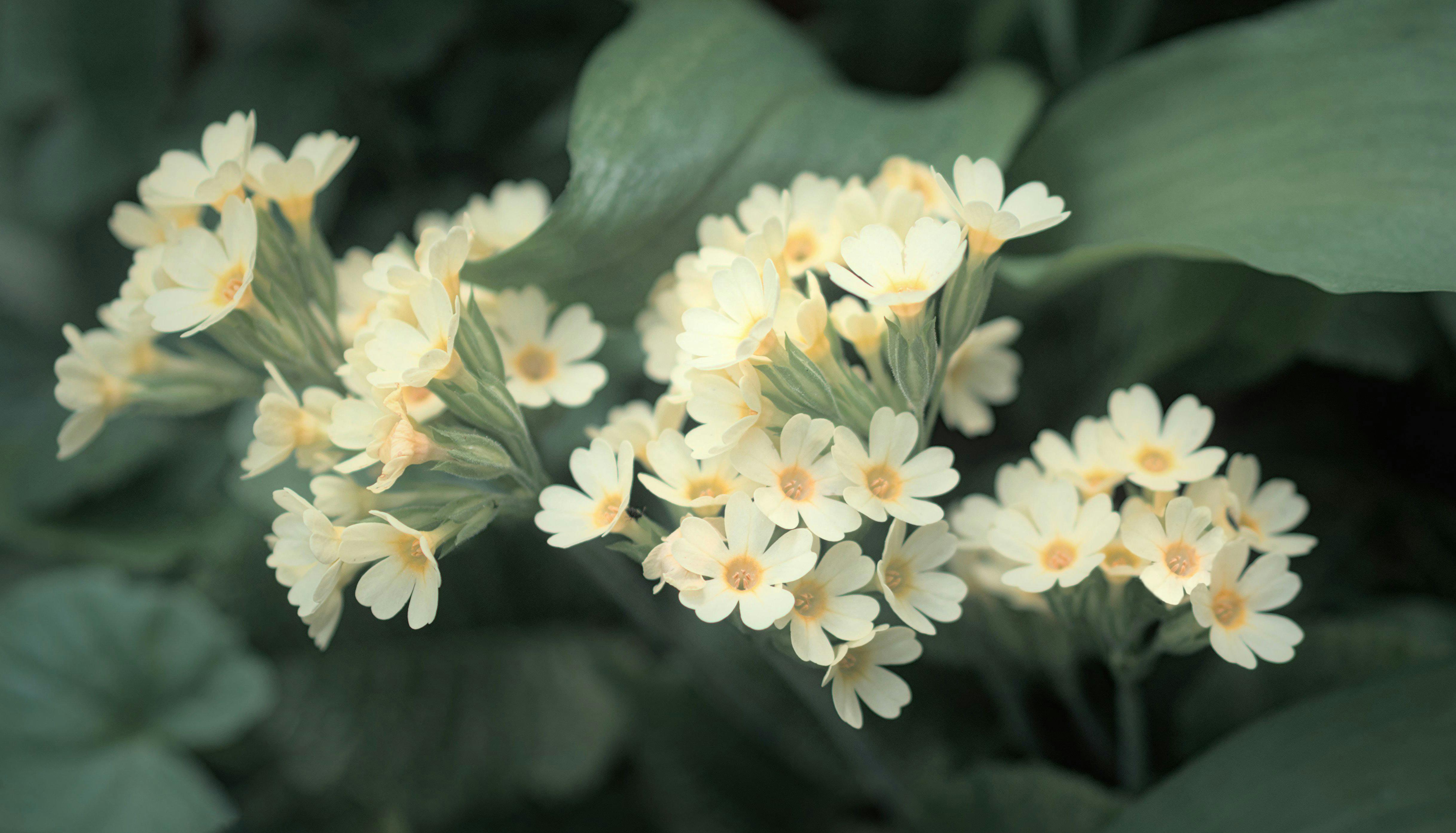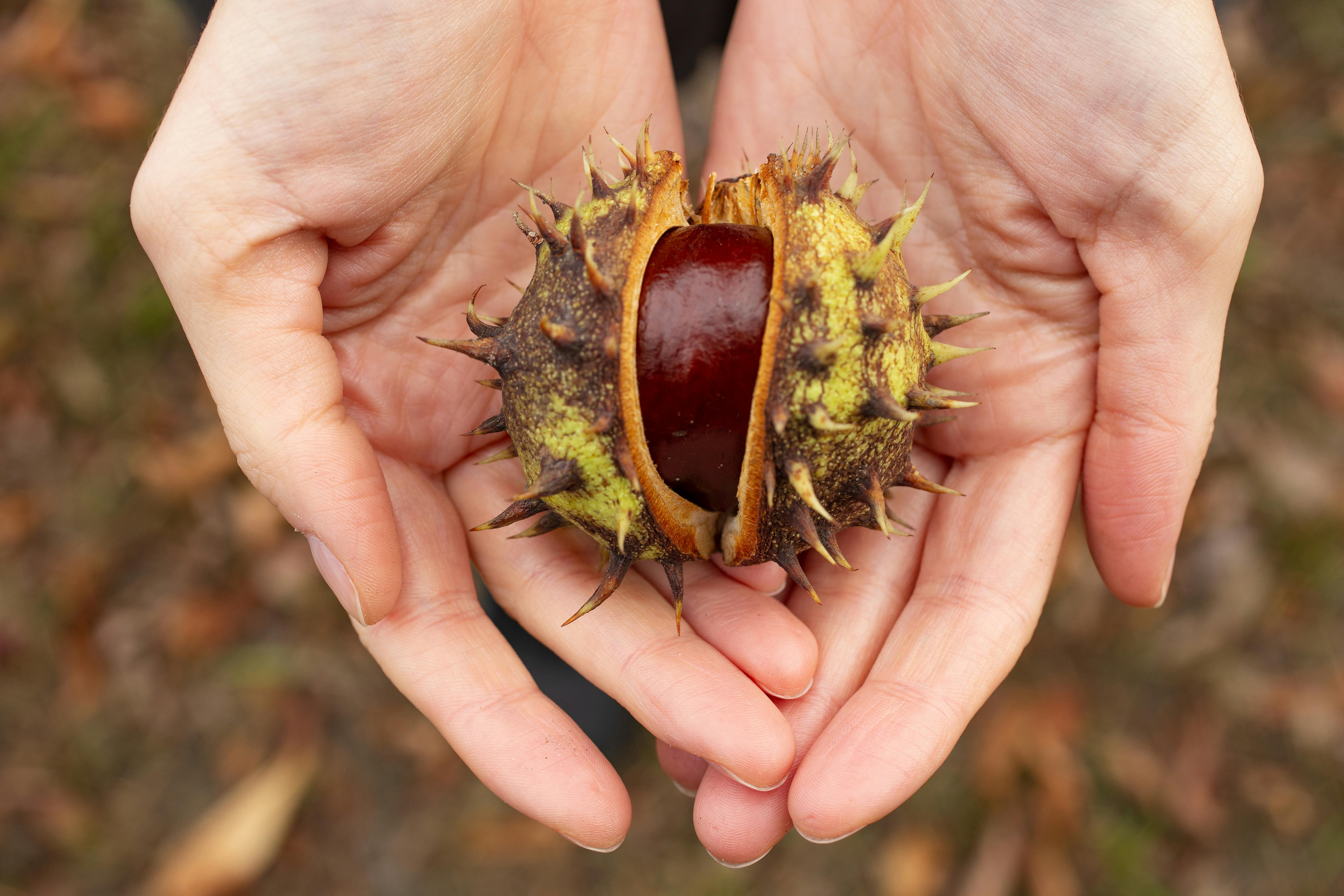Mr. Gardener: Your Ultimate Gardening Companion
The Importance of Gardening for Mental Health
Gardening has numerous benefits that extend beyond just having a beautiful yard. Engaging in this activity can significantly enhance your mental well-being. **Stress relief** achieved through gardening is well-documented; spending time outdoors in nature allows for a peaceful escape from daily worries. Studies have shown that gardening can lead to lower levels of anxiety and depression. Moreover, nurturing plants and witnessing their growth can instill a sense of purpose and accomplishment. The more you connect with nature, the better you’ll feel both mentally and emotionally.

Gardening Techniques for Beginners
If you’re new to gardening, starting with simple techniques can make the experience enjoyable and rewarding. Begin by assessing the space you have available for planting. **Container gardening** is a fantastic option for those with limited space, as it allows you to grow a variety of plants in pots. Additionally, consider implementing **raised garden beds** for easier access and better soil management. Selecting the right plants based on your climate and soil type is equally crucial. Start with easy-to-grow options like tomatoes or herbs, which can boost your confidence as you gain experience. Each of these techniques not only enhances your gardening skills but also contributes positively to your mental health.

The Therapeutic Effects of Gardening
Gardening is known for its therapeutic effects, often referred to as horticultural therapy. This practice engages individuals in growing plants to improve their well-being. Participating in organized gardening programs, especially for seniors or individuals with disabilities, can foster community relationships and enhance social skills. The physical activity involved in gardening contributes to improved health, and the focus required can serve as a form of mindfulness meditation. Spending time gardening allows individuals to disconnect from technology and focus on their surroundings. As you dig in the soil and plant seeds, you may discover a unique meditative experience that promotes relaxation and happiness.
Choosing the Right Plants for Your Garden
When planning your garden, selecting the right plants is essential for creating a thriving environment. Understanding local climates and soil types can guide your choices effectively. Consider starting with native plants as they are best adapted to your environment and typically require less maintenance. **Perennials** can also be beneficial since they return year after year, reducing the amount of work you need to put into garden maintenance. Additionally, mixing varieties of flowers, fruits, and vegetables can create an aesthetically pleasing and functional space. Engaging with your local gardening community can provide insights into the best plants to grow in your area.
Creating a Seasonal Planting Calendar
To maximize your gardening efforts, developing a seasonal planting calendar can be invaluable. By knowing when to plant different seeds and how to rotate crops, you can yield better results and nourish the soil. This calendar should consider the last frost date in spring and the first frost date in autumn, as these are critical for growing various plants successfully. Updating your calendar regularly after each season helps refine your strategy. For instance, plan to plant early vegetables like peas and lettuce in spring, while saving your tomatoes for later in the season. Creating this plan will help streamline your process and improve your gardening skills over time.
Maximizing Garden Space with Companion Planting
Companion planting is a fantastic technique that makes the most out of your garden space while ensuring the optimal growth of your plants. Certain plants can benefit each other when grown close together; for example, planting marigolds alongside your vegetables can deter pests. Additionally, some plants can enhance nutrient uptake from the soil, leading to healthier growth. Understanding the relationships between different plant species can transform your garden from just a hobby into a productive mini-ecosystem. As you advance your gardening skills, incorporating companion planting can yield remarkable results in both productivity and overall garden health.
The Environmental Benefits of Gardening
Gardening isn’t just beneficial for individuals – it plays a vital role in enhancing the environment as a whole. Engaging in sustainable practices, like composting and using organic gardening methods, can significantly reduce your carbon footprint. It enriches the soil naturally, promoting biodiversity and reducing reliance on artificial fertilizers. Moreover, garden spaces can serve as habitats for various insects and animals, contributing to a balanced ecosystem. As you grow your garden, you’ll see how it positively impacts local wildlife and creates a healthier planet.
Water Conservation Techniques in Gardening
Water conservation is crucial for sustainable gardening, especially in areas prone to drought. Implementing drip irrigation systems ensures that water is delivered directly to the plant roots, minimizing waste. Additionally, collecting rainwater through barrels can provide a natural source of irrigation. Mulching around plants helps in retaining soil moisture, reducing the need for frequent watering. By adopting these water-saving techniques, you can not only sustain your garden during dry spells but also contribute to a more sustainable lifestyle.
Building a Biodiverse Garden
Biodiversity is essential for a healthy garden ecosystem. By planting a variety of flowers, fruits, and vegetables, you can attract pollinators, such as bees and butterflies, which play a significant role in reproducing plants. Incorporating different plant heights and structures also creates natural habitats for beneficial insects and small animals. Creating such an environment encourages biological control, helping to keep pests at bay without the use of chemicals. As you cultivate a biodiverse garden, you’ll find it not only thriving but also supporting the local flora and fauna.
Key Takeaways
- Gardening boosts mental health by reducing stress and promoting mindfulness.
- Choosing the right plants and creating a seasonal calendar enhances gardening success.
- Sustainable practices like composting benefit both your garden and the environment.
- Companion planting maximizes space and promotes healthier plants.
- Water conservation techniques are critically important for efficient gardening.
FAQ
1. What types of plants are best for beginner gardeners?
For beginner gardeners, starting with easy-to-grow plants, such as herbs (like basil and parsley) or vegetables (like carrots and radishes), can be rewarding. These plants typically require less maintenance and adapt well to various growing conditions. Additionally, choosing native plants suited to your local climate can make your gardening experience much easier.
2. How can I improve soil quality in my garden?
Improving soil quality can be achieved through several methods, such as adding organic matter like compost or well-rotted manure. Conducting a soil test helps determine nutrient levels and pH, guiding your amendments effectively. Regular crop rotation and mulching can also foster soil health over time.
3. What is companion planting and how does it work?
Companion planting involves placing plants together that can benefit each other. For instance, planting basil alongside tomatoes can improve growth and flavor while repelling pests. This approach enhances biodiversity in the garden and helps maximize space while fostering healthier plant growth.
4. What steps can I take to attract pollinators to my garden?
To attract pollinators, consider planting a variety of flowering plants that bloom at different times throughout the season. Choosing native plants, providing fresh water sources, and avoiding chemical pesticides can also help create a welcoming environment for bees, butterflies, and other beneficial insects.
5. How can I start gardening in a small space?
For small spaces, container gardening is a fantastic solution. Use pots to grow herbs, vegetables, or flowers on balconies or patios. Vertical gardening techniques, such as wall planters, can also help maximize limited space. Choosing dwarf or compact varieties of plants can further enhance your gardening experience in confined areas.
